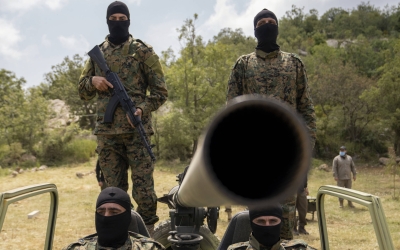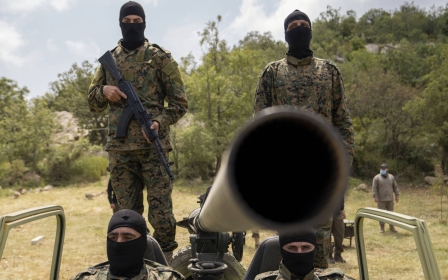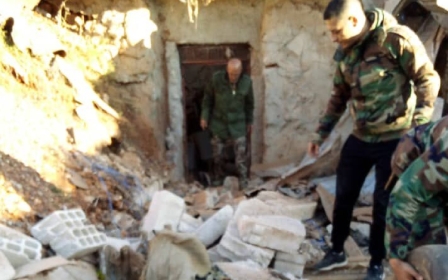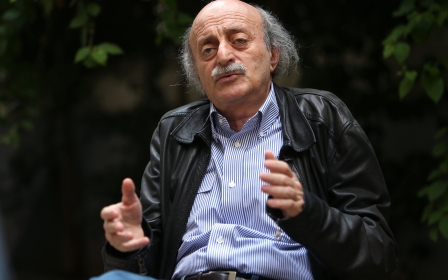Lebanon: Five charged with killing of Irish soldier last year
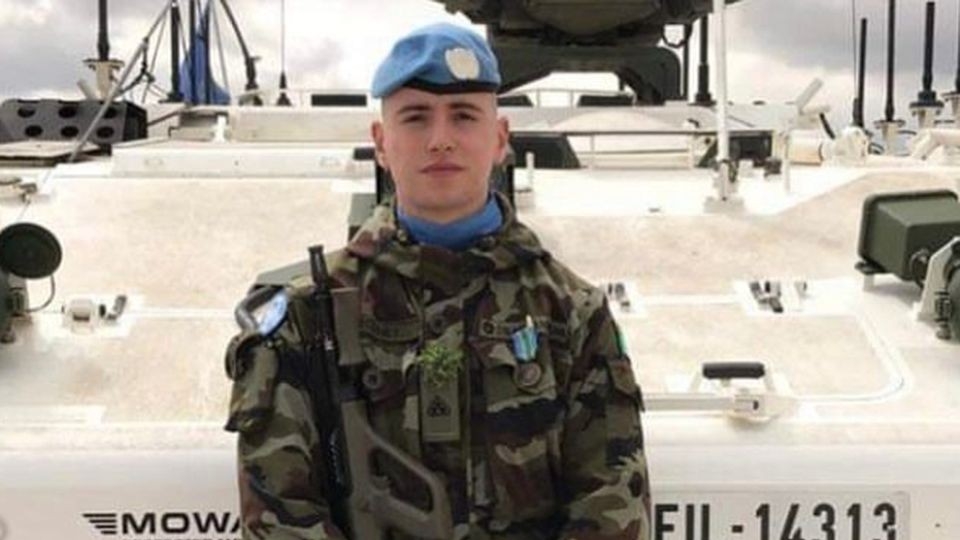
A military court in Lebanon on Friday charged five men with the killing of an Irish soldier last year.
Private Sean Rooney, 24, was in one of two armoured vehicles that came under fire while travelling to Beirut last December.
Rooney was part of a United Nations peacekeeping mission in Lebanon when he was killed. Three others were wounded.
A senior judicial official, speaking on condition of anonymity, told Associated Press the five were linked with Lebanese armed group Hezbollah.
The indictment followed a probe after an attack on a UN peacekeeping convoy near the town of al-Aqbiya in southern Lebanon, a Hezbollah stronghold.
New MEE newsletter: Jerusalem Dispatch
Sign up to get the latest insights and analysis on Israel-Palestine, alongside Turkey Unpacked and other MEE newsletters
Evidence was collected from bystanders, audio recordings and video footage from surveillance cameras.
Hezbollah has denied any role in the killing and called the killing an "unintentional incident" between town residents and the United Nations Interim Force in Lebanon, or Unifil, which is tasked with overseeing a fragile peace along the border between Lebanon and Israel.
One of five indicted, Mohamad Ayyad, is in the custody of Lebanese authorities. The four others facing charges - Ali Khalifeh, Ali Salman, Hussein Salman and Mustafa Salman - are at large.
The UN vehicle reportedly took a wrong turn through al-Aqbiya on its way from the base in the south to Beirut airport.
Hezbollah, which has both a political and a military wing, handed a man over to Lebanese authorities 10 days after the killing of the Irish soldier.
Unifil's original purpose was to oversee the Israeli withdrawal from Lebanon during the Lebanese civil war that ended in 1990.
However, it continues to be deployed as Lebanon and Israel remain enemy states and Beirut insists that the Israelis are still occupying some Lebanese territory.
Unifil is made up of over 10,000 personnel from a number of countries, led by Indonesia, India and Italy.
Middle East Eye delivers independent and unrivalled coverage and analysis of the Middle East, North Africa and beyond. To learn more about republishing this content and the associated fees, please fill out this form. More about MEE can be found here.


